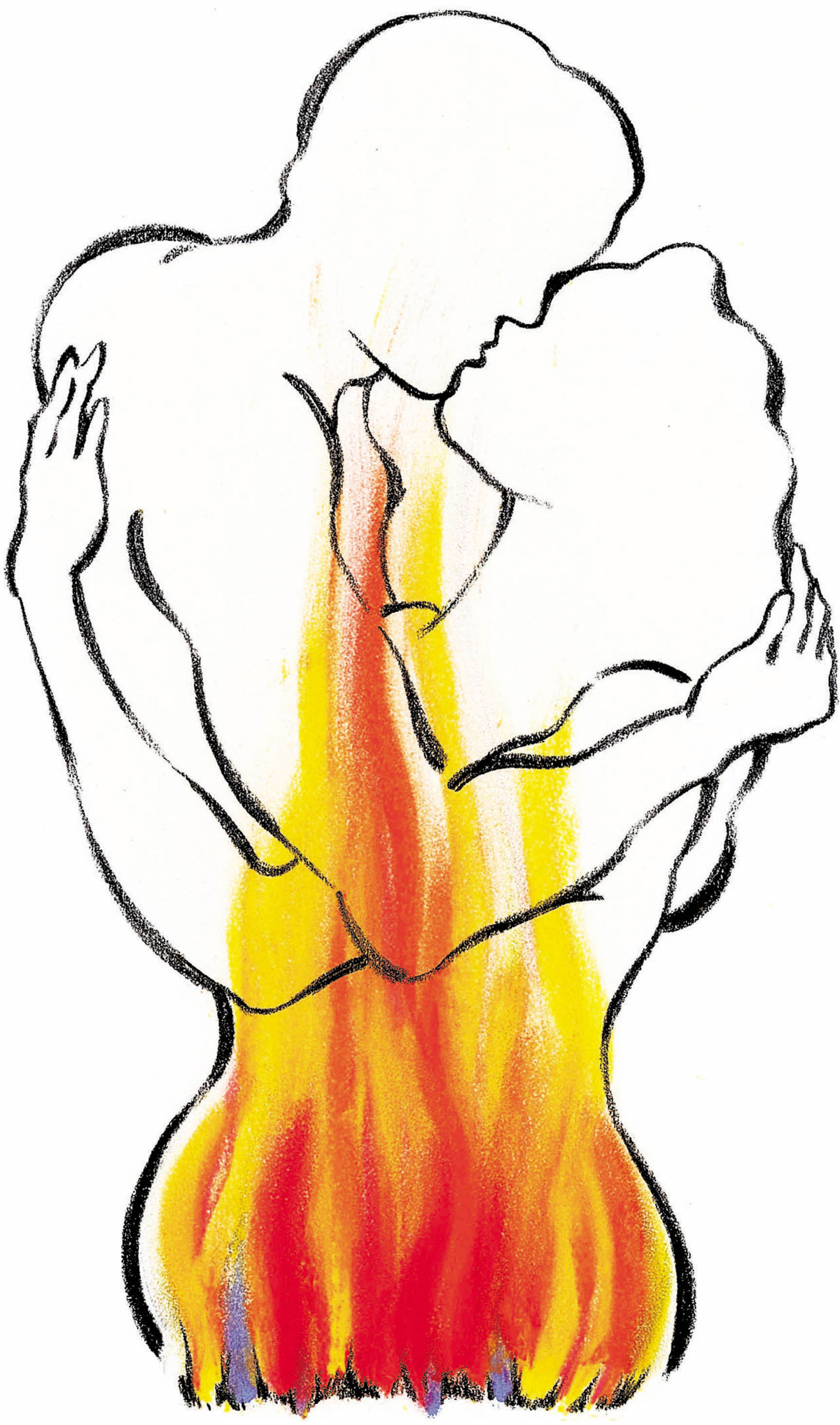 Sex: it’s fun, and for people doing it, it feels good. Sex can be an addiction, and at the same time, it can make you feel better and even help you fall in love.
Sex: it’s fun, and for people doing it, it feels good. Sex can be an addiction, and at the same time, it can make you feel better and even help you fall in love.
Anne Soltysiak, Professor of Psychology at Sinclair, said that dopamine, a chemical released during sex, is very much like a drug.
“Sex is kind of a drug … it is lighting up some of those pathways that are also activated by drug use,” she said.
According to Fox News, dopamine is a neurotransmitter that activates the reward center of the brain.
“Taking cocaine and having sex don’t feel exactly the same, but they do involve the same [brain] regions, as well as different regions of the brain,” said Dr. Timothy Fong, associate professor of psychiatry at UCLA’s David Geffen School of Medicine, to Fox.
Addiction is defined as the fact or condition of being addicted to a particular substance, thing or activity.
Soltysiak said that sex could be addicting, but so are other things. She said it does not necessarily have to be a bad thing.
“Yes, I think people can be too focused on sex as intercourse, as an act of conquest of other people … I think people can use sexual behavior as a crutch or as a method of controlling other people [or] hurting other people,” she said. “In that regard, we can do that [become addicted] with a lot of things. There is nothing intrinsically addictive about sex, per se.”
Sex can make you feel better, and according to Fox, sex can help you sleep and relieve pain. The article points to a German study where participants had sex while they had a headache and 60 percent of participants reported total or partial relief of the headache.
Soltysiak agrees that sex can have many positive health benefits. She said that the ability of sex to relieve stress is what she feels is the most important health benefit.
“Psychologically, physiologically, cardiovascular, calorie burning … it’s certainly something that reduces stress,” she said. “If you look at the literature, stress is something that relates to so many bad things, so many negative health outcomes … what is more [stress] relieving than having sex?”
Soltysiak said that, in addition to the health benefits of sex, physical contact can have the same properties.
“Sex is the most intimate physical contact, so it can lead to emotional benefits,” she said. “I tell my student more hugs, more physical contact, more sex–that’s not a bad thing.”
Soltysiak explained that the brain releases another chemical before, during and after sex, oxytocin, which is shown to increase bonding and trust.
“Oxytocin is known as the hug drug or the love drug,” she said. “In a way, it’s the love hormone. It is released when you’re having sex and during orgasm. It’s also released when we feel in love, when people hug each other or when there is any social interaction.”
According to NBC News, feelings of love and sex occur in the same parts of the brain.
“Love and sex are clearly overlapping and they are different,” said Jim Pfaus, a professor of psychology at Concordia University in Montreal, who’s been studying love and libidos for more than a decade, in an interview with NBC.
The same article explained that the brain’s insular cortex and the striatum play a role in both sexual desire and love.
“[The insula] translates emotional feelings into meaning,” Pfaus said. “You take the internal state and give it external meaning.”
Soltysiak explains that sex and love really can go hand in hand. She said that, when oxytocin is released, you are much more likely to create the bond of love.
“It’s definitely part of love and love relationships,” she said. “It’s reinforcing. It’s a warm, cuddly kind of feeling we get when oxytocin levels are high.”
- Fri. Apr 18th, 2025

